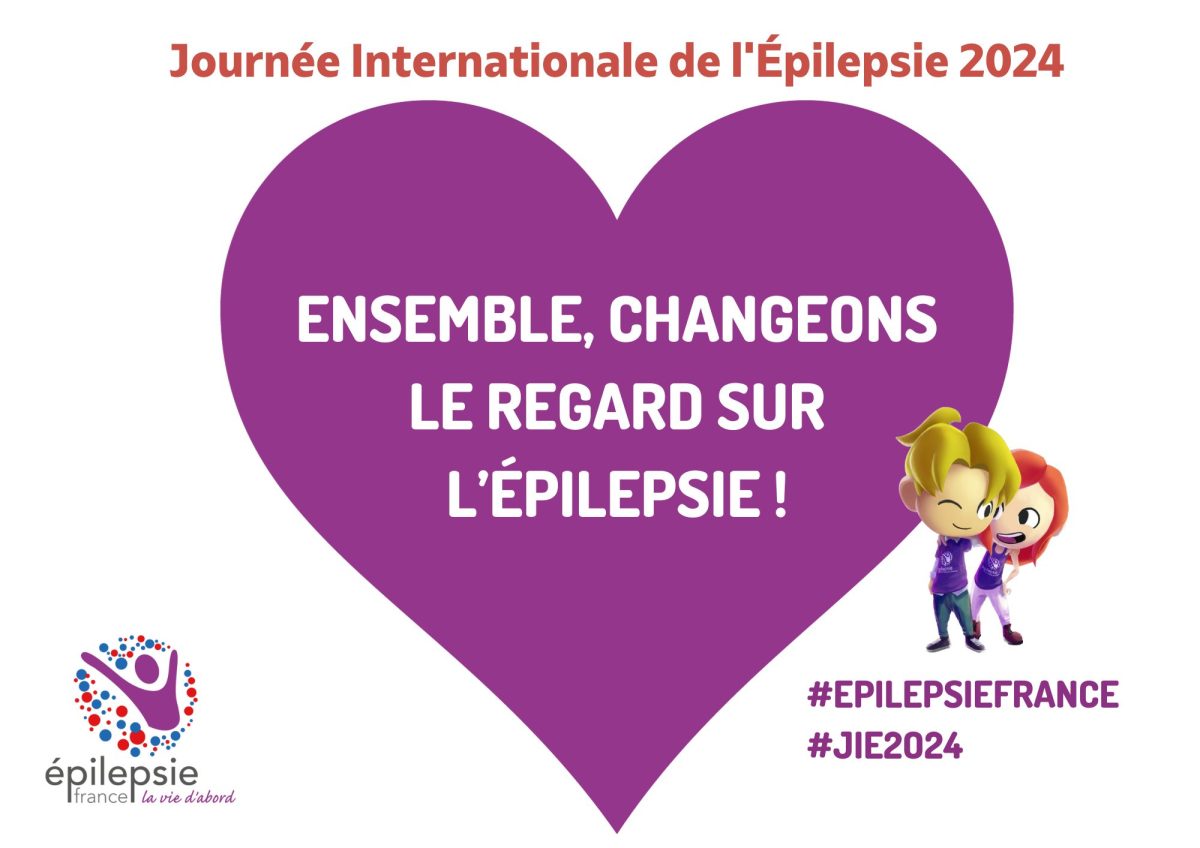Today, we celebrate International Epilepsy Day. An essential opportunity to raise awareness about this complex and often misunderstood neurological disorder
Epilepsy affects millions of people worldwide, yet the myths and prejudices surrounding this condition persist. This is why we need to demystify epilepsy. It is one of the oldest known conditions of humanity, with written records dating back to 4000 B.C.
Epilepsy manifests as recurring seizures caused by abnormal electrical activity in the brain. These seizures can take various forms, from muscle convulsions to alterations of consciousness. Their impact on the daily lives of those affected can be significant. However, many people with epilepsy can lead full and active lives with early diagnosis, appropriate treatment, and adequate support.
How is epilepsy diagnosed?
The diagnosis of epilepsy relies on a comprehensive medical evaluation, including detailed medical history, brain imaging tests, and sometimes electroencephalograms (EEG). Once diagnosed, epilepsy management may involve the use of anticonvulsant medications, lifestyle changes, and in some cases, surgical intervention.
In addition to medical and social challenges, some people with epilepsy benefit from the valuable support of epilepsy alert dogs. These specially trained dogs can detect the early signs of an impending seizure, allowing their owner to take preventive measures or seek help. Their presence not only provides practical support but also invaluable emotional comfort.
Let us not forget that epilepsy affects over 650,000 people in France, representing 1% of the population. One in ten people is likely to face epilepsy during their lifetime.
Progress remains to be made
However, despite advances in epilepsy awareness and treatment, much remains to be done to fully support those affected and their families. On this International Epilepsy Day, let us commit to continuing to support research, promote education and awareness, and create inclusive communities where everyone, regardless of their medical condition, is respected and supported.
Together, we can advance the understanding and support of epilepsy. Let us ensure that every affected person can live a full and fulfilling life.


